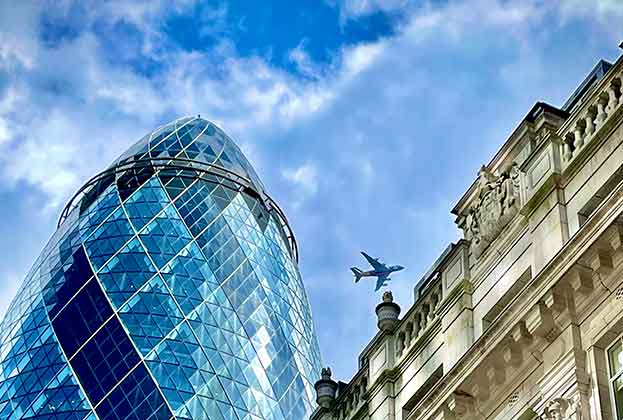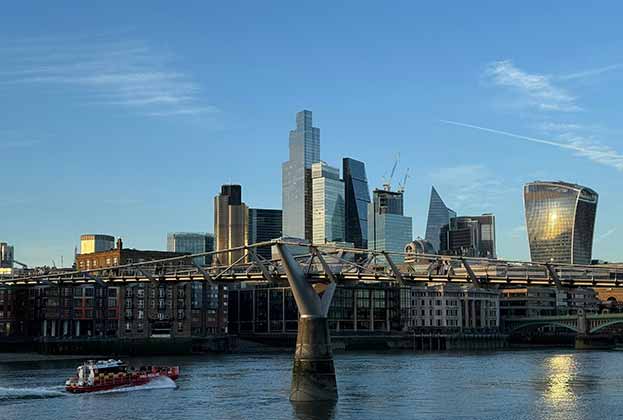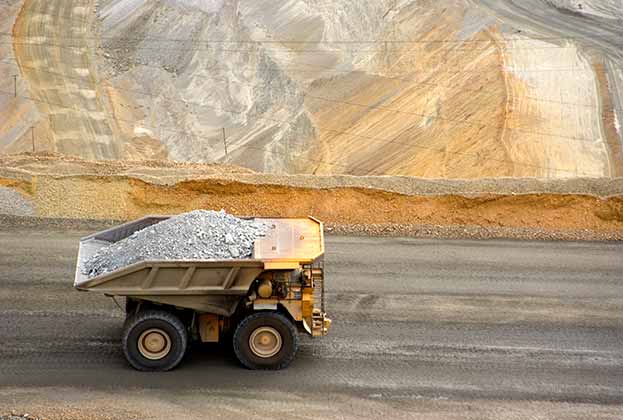There is no doubt that the impact of Covid-19 has been catastrophic in many ways. However, one of the silver linings has been the positive effect it has had both on the environment and personal wellbeing. While many people are now heading back to the workplace, we must ensure we retain some of the behaviours that have made these gains possible.
The good news is that Savills Office FiT survey found that home working during lockdown did give people a greater sense of their individual contribution to climate change. Up to 70 per cent believed that making small changes to their daily routine could make a difference to the environment.
What’s more, 50 per cent agreed that commuting to work was likely to fall in the future due to heightened environmental awareness. Whether this is because more people will work from home or they will use alternative modes of transport, such as cycling, remains to be seen, but it could play a significant role in reducing emissions.
With this in mind, how will these changes translate longer term when it comes to real estate?
Managing real estate responsibly, means that everything from the sustainability of the construction of a building to its final occupation should be taken into consideration and this pause has effectively allowed businesses to reconsider their targets and how best to implement them.
For example, many firms are figuring out ways to enhance or expand their cycling and shower facilities to encourage people to continue the good habits they picked up during lockdown. In turn, there has also been an increase in video conferencing facilities to help maintain reduced travel habits. Other initiatives include clear desk policies and going paperless while staff are in the habit of printing less.
The pandemic has also renewed our focus on health and wellbeing. Although the wellbeing movement was well underway prior to now, accreditation modules via WELL, Fitwel and other similar standards that verify an office building as ‘Covid compliant’ are likely to entice occupiers who want to ensure their staff feel confident enough to return to the workplace.
The fabric of the building aside, there will also need to be greater emphasis on supporting occupier wellness. In the past providing amenity was the key, everything from yoga studios to in-house concierge services could be found in sought after office space. Fast forward, however, and instead it may be more about the virtual offer. Online access to medical advice, mental health services and fitness classes, perhaps provided via an app, will ensure greater engagement and cater to those both in the office and those who choose to remain working from home.
It often takes something significant to shock people into action and the changes we have seen already in 2020 are encouraging. Whether dealing with a global pandemic or a climate crisis, focusing on sustainability will only prove positive in the long run.
Further information
Read more: Office FiT: Adapt, Evolve, Improve
.jpg)

(1).jpg)

.jpg)



.jpg)

